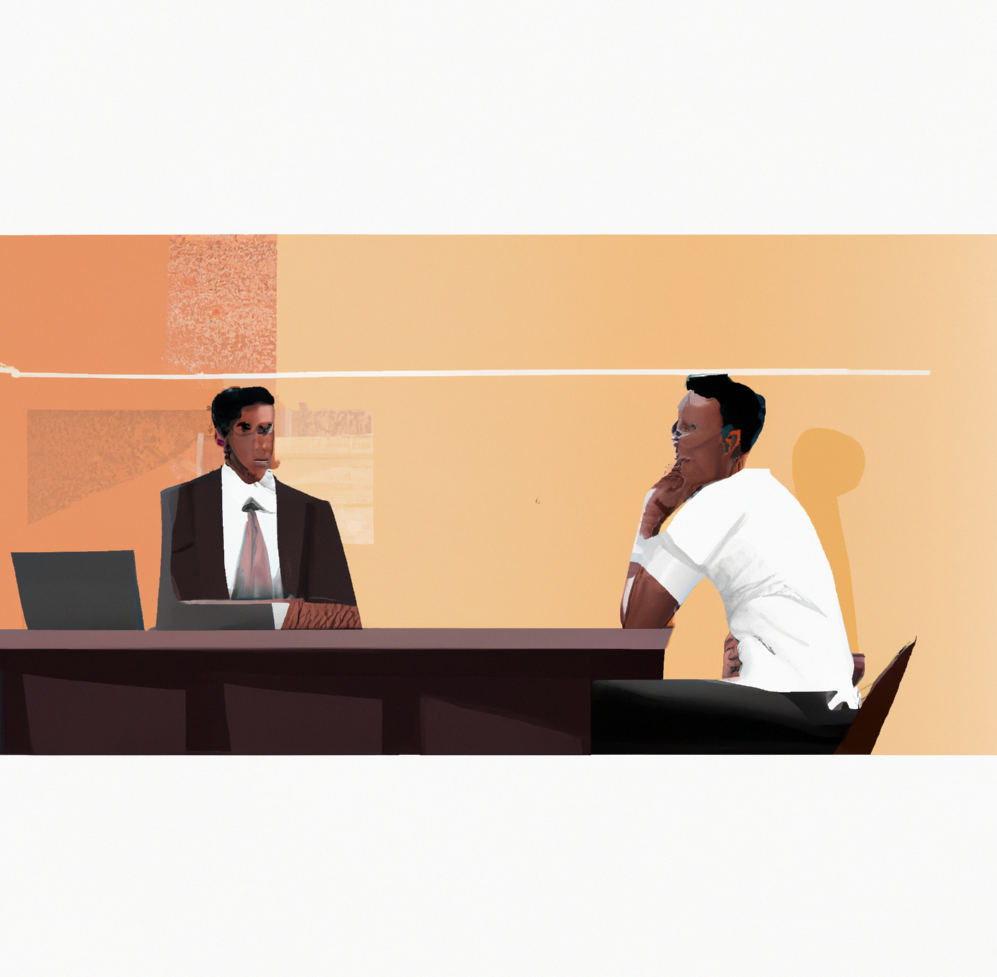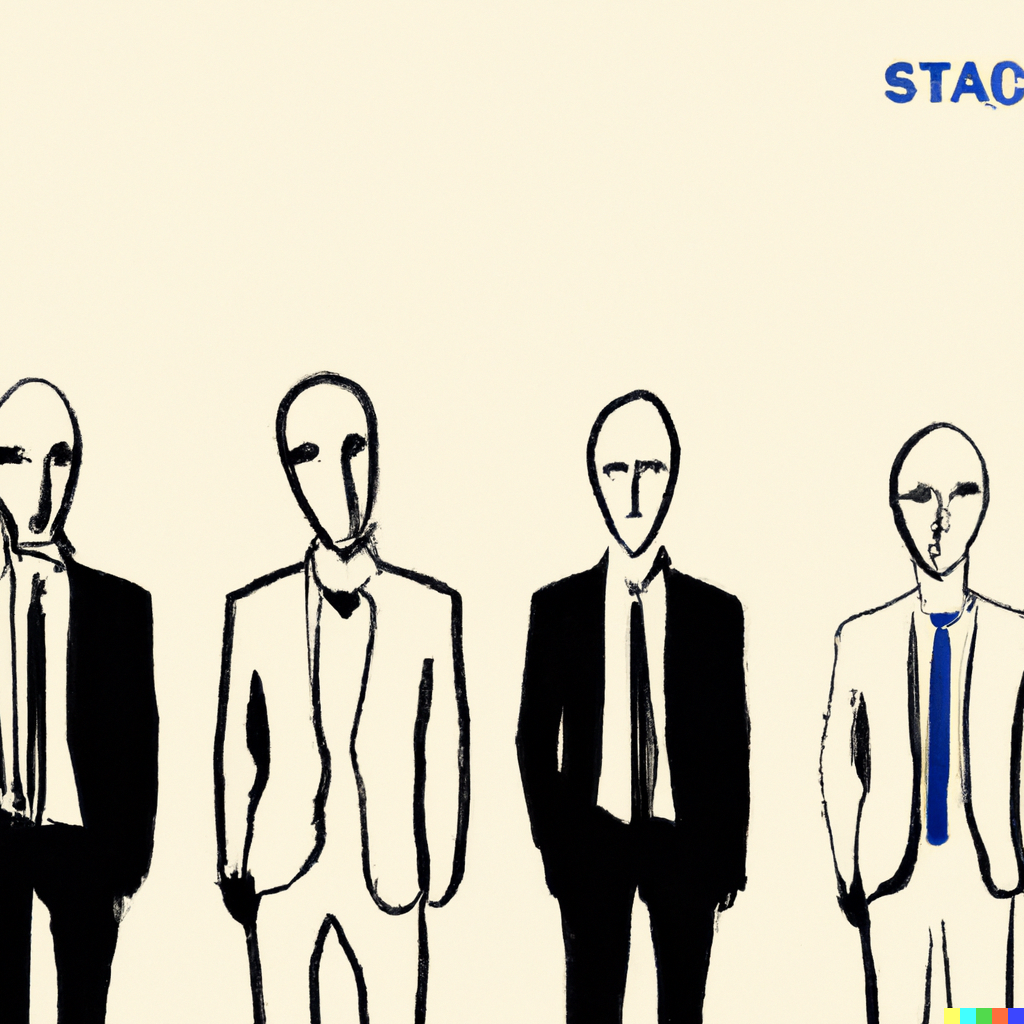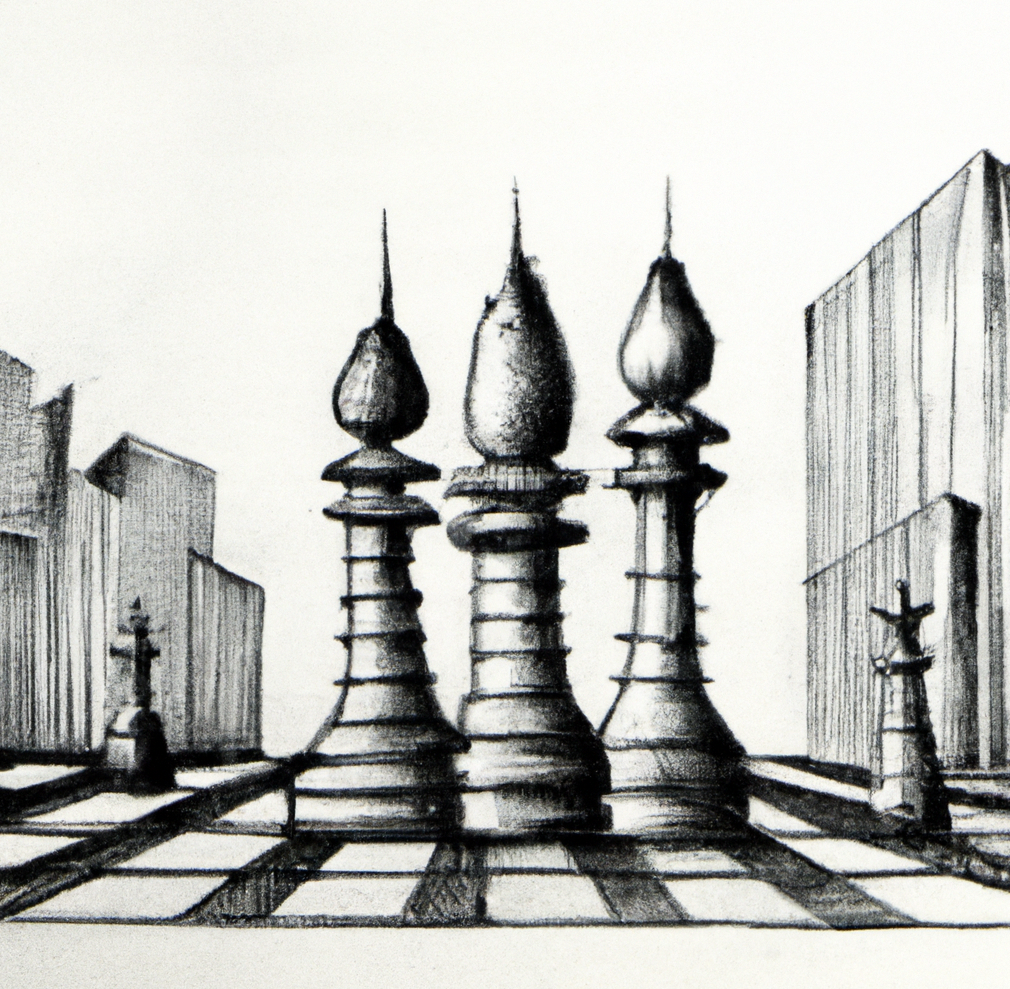Welcome to the complex world of federal litigation in the United States, a realm where justice is sought, rights are upheld, and the wheels of the legal system turn. In this blog post, we dive into the intricacies of federal litigation, uncovering its unique aspects, the roles of key players, and the stages of civil and criminal cases in the pursuit of legal remedies.
Key Takeaways
- Federal litigation is the process of resolving disputes involving federal laws, regulations, or constitutional rights in the U.S. court system
- Key players in federal litigation include judges, attorneys and litigants with distinct roles throughout the stages of a case
- Special considerations for cases such as civil rights violations or constitutional challenges require specialized legal knowledge and experience
Understanding Federal Litigation

Federal litigation, an integral part of the U.S. legal system, deals with disputes over federal laws, regulations, or constitutional rights. These disputes are adjudicated by the federal court system, separate from state courts and under the purview of the federal government. Federal courts bear the responsibility of interpreting and applying federal laws and constitutional rights. They have jurisdiction over specific types of cases, especially those centered around federal laws and constitutional rights. Key players in federal litigation include federal judges, attorneys, and litigants. Their respective responsibilities include supervising the proceedings, representing the involved parties, and presenting their cases.
From filing a complaint to reaching a verdict or settlement, federal civil cases follow a series of stages that ensure the fair and just resolution of disputes. Contrarily, federal criminal prosecutions emerge when the U.S. government files criminal charges against individuals or organizations. Federal courts exercise jurisdiction over such cases related to federal laws, regulations, and constitutional rights.
Definition and Purpose
Federal litigation is the process of resolving disputes between parties through the filing and handling of complaints in the federal court system in the United States. The purpose of federal litigation is to adjudicate disputes involving federal laws, regulations, or constitutional rights, encompassing both civil and criminal cases.
Differences between State and Federal Litigation
While state courts handle cases involving state laws, federal courts handle cases involving federal laws, regulations, or constitutional rights, and have different procedures and rules. Federal courts are limited in the types of cases they can hear. These include those stipulated in the United States Constitution or federal statutes..
For example, a state law claim can be brought in federal court under diversity jurisdiction if the amount in controversy is at least $75,000 and the plaintiff and defendant are from different states.
The Role of Federal Courts

The federal court system, including the united states court, is made up of three court types: district courts, circuit courts, and the Supreme Court. Each court plays a unique role and bears distinct responsibilities within the litigation process.
District courts are the trial courts, circuit courts review the decisions of district courts, and the Supreme Court decides cases involving constitutional issues.
District Courts
District courts are the trial courts of the federal system, handling both civil and criminal matters. District court judges are responsible for overseeing court operations and supervising court personnel, and they are appointed for life, subject to satisfactory conduct and possible impeachment by Congress.
Federal magistrate judges, who are appointed by district court judges, handle a range of tasks in both civil and criminal cases, including pre-trial motions and discovery.
Circuit Courts
Circuit courts are appellate courts that review cases heard in district courts, divided into twelve regional circuits. They hear appeals from district court decisions, with cases initially heard by a panel of three circuit court judges.
The President appoints Circuit court judges for life. Senate confirmation is required for these appointments.
Supreme Court of the United States
The Supreme Court, the highest court in the U.S., hears appeals from both federal and state courts on federal law issues and has the discretion to choose which cases to hear. After the lower court has ruled on a case, either party may choose to appeal to the Supreme Court by filing a “writ of certiorari”.
The Chief Justice, chosen by the President and approved by Congress, serves as the administrator of the court.
Key Players in Federal Litigation

In the realm of federal litigation, there are several key roles and responsibilities:
- Federal judges supervise the litigation process, making determinations on admissible evidence, objections, and legal issues.
- Attorneys represent the parties involved in the litigation, presenting arguments and advocating for their clients.
- Litigants are the parties directly involved in the lawsuit, either as plaintiffs or defendants.
Each of these roles plays a vital part in the federal litigation process.
Attorneys represent clients in federal litigation, handling case preparation, discovery, trial, and appeals. Litigants, the parties involved in a federal lawsuit, are responsible for presenting their case and evidence.
Federal Judges
Federal judges, appointed for life, serve on courts established under Article Three of the U.S. Constitution, including Supreme Court justices, court of appeals judges, and district court judges. They are responsible for overseeing the litigation process, determining admissible evidence, ruling on objections, and resolving legal issues.
Attorneys
Attorneys in federal litigation represent their clients, providing legal counsel and handling various aspects of the case, including case preparation, discovery, trial, and appeals. They are responsible for researching relevant facts, examining pertinent law, creating legal documents, gathering evidence, conducting depositions, and appearing in federal court.
Litigants
Litigants are the parties involved in a federal lawsuit, either as plaintiffs or defendants. They are accountable for filing the complaint, responding to the complaint, and presenting evidence at trial.
Failure to adhere to their obligations may result in sanctions, such as fines or dismissal of their case.
Stages of Federal Civil Cases

Federal civil cases progress through a series of stages, such as:
- Filing a complaint
- Discovery
- Trial
- Reaching a verdict or settlement
Each stage has a significant impact on dispute resolution and guarantees a fair and just outcome for all involved parties.
The complaint is the first step in the process, and it is the document that initiates
Filing a Complaint
Filing a complaint is the first step in initiating a civil lawsuit in federal court. The plaintiff must provide a statement of facts and a legal basis for the claim, and submit the complaint to the appropriate federal court along with the required filing fee.
The defendant is then served with a copy of the summons and complaint, and has the opportunity to respond.
Discovery
The discovery process is a crucial pre-trial stage in federal civil cases. Both parties exchange information, collect evidence, and take depositions to prepare for trial.
The Federal Rules of Civil Procedure govern the discovery process in federal court, requiring parties to make initial disclosures and seek and disclose all relevant information.
Trial Process
During the trial process, both parties present their evidence, examine witnesses, and make arguments before a judge or jury.
The trial process also includes pre-trial motions, jury selection, opening statements, presentation of evidence, closing arguments, jury instructions, and jury deliberations.
Verdict or Settlement

A verdict or settlement is reached when the jury or judge decides the outcome of the case, including any damages or relief awarded.
The court could issue an order requiring one party to take certain actions or abstain from taking certain actions, depending on the type of case.
Federal Criminal Prosecutions
Federal criminal prosecutions form a unique aspect of federal litigation, dealing with cases within federal jurisdiction and following specific processes and procedures. They cover a spectrum of offenses, from breaches of federal laws to crimes occurring on federal property or those transcending state lines.
These cases are handled by the U.S. Attorney’s Office, which is responsible for
Jurisdiction and Types of Cases
Federal jurisdiction in criminal prosecutions covers cases involving federal laws, crimes committed on federal property, or crimes that cross state lines, among others. These cases are investigated by federal law enforcement agencies and prosecuted by the United States Attorney, and are heard by federal judges.
Process and Procedures

The process for federal criminal prosecutions includes stages such as:
- Investigation: collecting evidence and speaking to witnesses
- Indictment: filing formal charges against the defendant
- Trial: presenting evidence and arguments in court
- Sentencing: determining the punishment for the defendant
Specific rules and procedures govern each stage of the process.
The trial process includes presenting evidence and arguments to a judge or jury, followed by sentencing, where the judge determines the appropriate punishment in light of the facts and sentencing guidelines.
Special Considerations in Federal Litigation
Some categories of federal litigation, like constitutional challenges and civil rights cases, call for unique considerations and specialized expertise. Often, these cases involve:
- intricate legal issues
- specialized industries
- subject matters necessitating a profound understanding of the law and the intricacies of federal litigation.
Constitutional Challenges

Constitutional challenges involve disputes over the interpretation or application of the U.S. Constitution. These cases often require specialized legal knowledge and experience, as they may challenge the constitutionality of a law, a government action, or a court decision.
Such cases can be complex and require a deep understanding of the U.S. Constitution and its
Civil Rights Cases
Civil rights cases involve claims of discrimination or violations of constitutional rights, and may be brought against individuals, organizations, or government entities.
These cases often involve specialized legal knowledge and experience, as well as a deep understanding of the rights and protections afforded by the Constitution and federal laws.
Summary
In conclusion, federal litigation encompasses a wide range of civil and criminal cases, involving intricate legal processes and key players working together to ensure justice prevails. From the district courts to the Supreme Court, each tier of the federal court system plays a crucial role in upholding the Constitution and protecting the rights of all citizens. As we navigate the complex world of federal litigation, it is essential to recognize the unique aspects, challenges, and considerations that shape the pursuit of justice in the United States.
Frequently Asked Questions
What makes something a federal lawsuit?
Federal lawsuits are those that involve the U.S. government, violations of the U.S. Constitution or federal laws, controversies between states or between the U.S. and foreign governments. They must also meet a certain amount in controversy requirement in order for a court to have jurisdiction.
What is the trial court for federal litigation called?
The trial court for federal litigation is called the United States District Court. These courts are general trial courts of the federal court system, where cases both civil and criminal are tried and disputes are resolved by determining the facts and applying legal principles to decide who is right.
What kind of cases are federal law?
Federal law cases involve violations of the United States Constitution or federal laws, cases between citizens of different states, disputes with the government, crimes on federal land, bankruptcy cases, patent and trademark issues, voting rights, contract disputes, libel suits, etc.
What are the 8 types of cases heard in federal courts?
Federal courts generally have exclusive jurisdiction in cases involving the Constitution, violations of federal laws, controversies between states, disputes between parties from different states, suits by or against the federal government, foreign governments and treaties, admiralty and maritime law, and bankruptcy proceedings.
What is the difference between federal and state litigation?
Federal litigation is adjudicated by the federal court system and involves disputes over federal laws, regulations or constitutional rights. State litigation is adjudicated by state courts and involves disputes over state laws.



